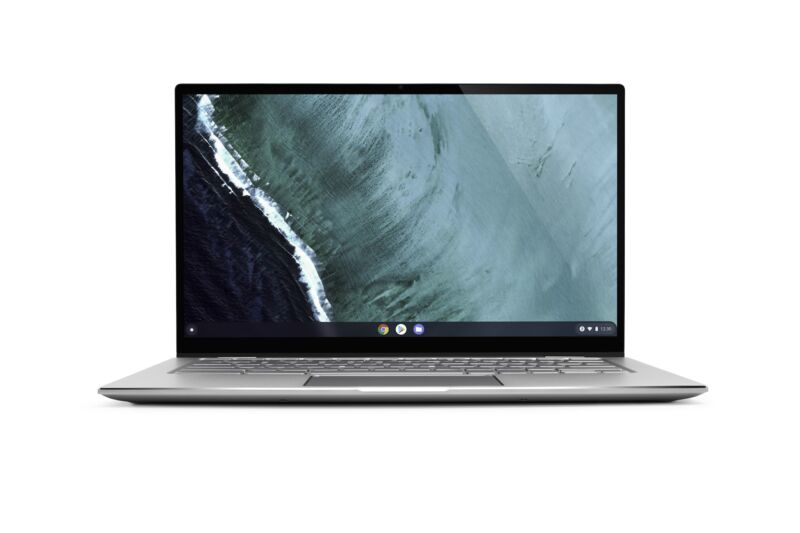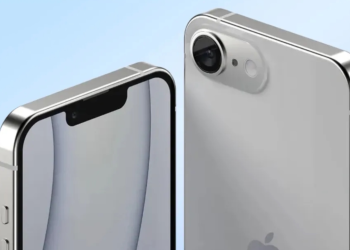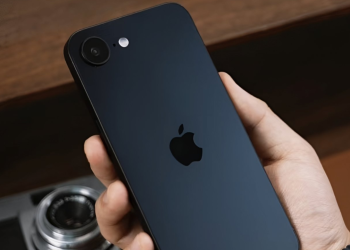
In a tech world still hindered by component shortages, choices have to be made. And in the world of laptops, Windows-based devices are being chosen over those running Chrome OS.
IDC on Monday released early data from its latest Worldwide Quarterly Personal Computing Device Tracker. The tracker pointed to a sharp 63.6 percent decline in Chromebook shipments, which the IDC defines as “shipments to distribution channels or end users, in Q4 2021 (4.8 million shipments) compared to Q4 2020 with (13.1 million shipments).”
In addition to market saturation, supply issues also hurt Chromebook shipments, as the industry still struggles with a deficit of PC components, from CPUs to integrated circuits for Wi-Fi modules and power management.
“Supply has also been unusually tight for Chromebooks as component shortages have led vendors to prioritize Windows machines due to their higher price tags, further suppressing Chromebook shipments on a global scale,” Jitesh Ubrani, research manager with IDC’s Mobility and Consumer Device Trackers, said in a statement accompanying Monday’s announcement.
Ubrani told Ars Technica that IDC doesn’t know for sure whether Windows 10- or Windows 11-based machines are getting priority over Chrome OS devices. Windows 11 debuted in 2021, giving PC makers an excuse to refresh lines with “Windows 11-ready” systems.



























































